With the Covid-19 taking a toll on every fraternity countrywide as well as worldwide, soccer fanatics have resorted to reminiscing about the good old days in the football industry and what they meant. Former Chipolopolo player Lucky Msiska was on Wednesday a guest to a number of soccer fanatics on social media and the former KK11 star narrated what it was like to play football during his days.
Msiska started by reminding Zambians to adhere to the measures laid down by government meant to contain the spread of the recent pandemic, Covid-19. The former Chipolopolo winger who now resides in Belgium started by narrating how he came on the scene, playing for Power Dynamos, revealing who was his worst opponent in the process.
“I started playing on the wing, at Power Dynamos because when Peter Kaumba and Alex Chola left but my position was number seven. But I changed to eleven because Peter Kaumba left. Kapambwe Mulenga was the worst opponent I faced. He was very rough and could do everything to ensure that I don’t play on match day. So every time I knew we were going to face him, I knew that I was in trouble and I would also be concerned.”
Msiska who has been in Belgium since retiring narrated and revealed that he had plans to coach the national side.
He revealed he could not get along with then coach Dario Bonnetti just shortly after joining the technical Bench of the national side and eventually ended up leaving Zambia for Belgium again.
“I came to Zambia, to try and develop football in Zambia but, things did go my way, there were so many challenges, you know my experience, it was difficult to stay. And you know my other challenge was the coach that was there Dario Bonnetti, you know we couldn’t get along, I don’t even know how to explain but I don’t want to go into details. I was so happy that I came back home after being away in Europe but things just didn’t work out according to what I expected. So thank God I went back to Belgium. If I have a chance I will come again but not now,”he said.
“On coaching, I think there is a lot we need to do. For example, when a player retires, we have to identify those players and bring them close so that they can advise the young ones on what to do. And then groom those former players to be coaches. And even the coaches that we bring on the national side should be coaches with exposure, it’s difficulty to compare coaches who have exposure and those who don’t have exposure. I’m saying we need to use those experienced players and incorporate them into coaching. And then send them to school so that they can have the experience of the outside. Football has now changed, so if you want to improve you need to have a pool of coaches, experienced ones who can advise wisely.”
He concluded by stressing the need to inculcate the ‘spirit of fighting on’ in the junior players so they can compete on the international scene.
” On the junior team the Under-20, I think they played very well. I like the way the team was built up, but the difference is you know the Under-20 and the senior level, at the senior level you have to have a team that can perform. At the junior level it’s difficult because not every player is good. At national level a player has to be good. In my time when I was playing, when they picked you to the national team, they picked you on merit,” he said.
“But nowadays, they just pick, when you score three goals they think you are a good player. At senior level you need to prepare well and invest. We used to beat teams like Malawi 10-0, but now you cannot because every team has been investing well. We have a good U-20 side so we should work well with those players.”





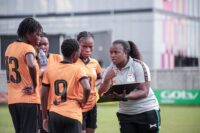
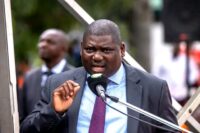
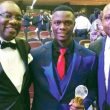
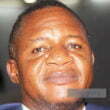

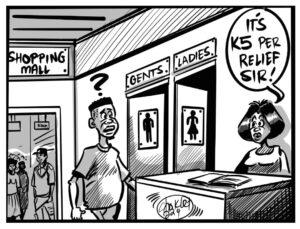

One Response
You should come back and contribute to your country, we still need you see